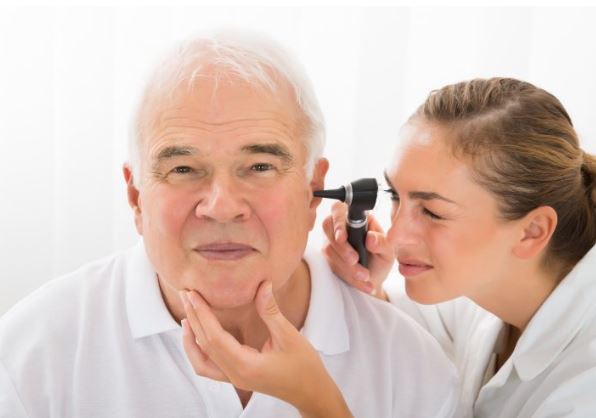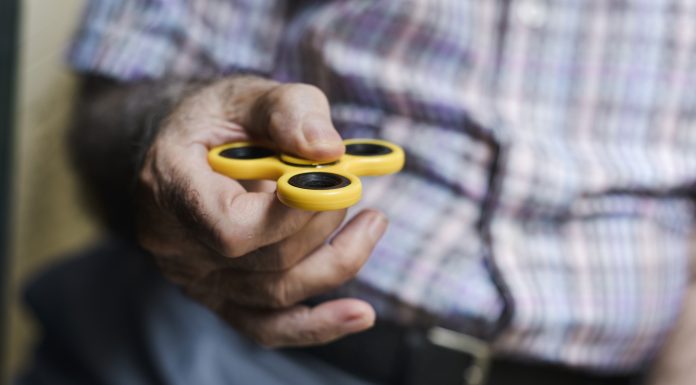Why do I have wax? How do I clean the wax out of my ears? Those are questions that every audiologist gets asked frequently.
I want to start off by saying that earwax (technically it’s called cerumen) is a substance secreted by glands in the ear canal. It has a role in lubricating the ear, and protects the ear from bacteria, fungi, water and insects. Wax is a good thing, those who have no earwax in their ears frequently complain of itchy ears. If you do not have earwax in your ears, then the skin in your ears will not have lubrication and your ears will feel itchy.
I do not recommend using ear candling. Many Ear, Nose and Throat surgeons can attest that they are not an effective method to remove wax. In fact, many patients have been injured by using ear candling[1]. Believe it or not, ear candles are not legal in Canada, and Health Canada has a warning out about their use. Click here to read the warning on the Health Canada site.
I also do not recommend using cotton swabs. If you have a box of q-tips at home I want you to go look at it. What does the warning say? (If you don’t have a box of q-tips, click here to see what it says). If cotton swabs are made to clean your ears, why would the number one seller of cotton swabs be warning the general public no to use them in their ear.
So how do you clean your ears? Well we’ve been told not to use anything smaller than your elbow in your ear. I tell my patients not to use anything smaller than your pinky finger. Most people can get away with using a washcloth on their pinky finger and removing any excess earwax from the outer part of your ear canal.
If your ears are fully impacted with wax, there are many over the counter substances that you can buy at the pharmacy to soften the earwax. I recommend that you visit your local audiologist, family physician or nurse practitioner to have excessive earwax removed. When I remove earwax in the office, I use a lighted tool called a curette. Some physicians and nurses opt to use a water solution. Water solutions should be avoided if you have a perforated eardrum, are diabetic, have eczema in your ears, or a weakened immune system.
If you are having issues with wax, make an appointment to see your local audiologist, physician or nurse. Some programs such as W.S.I.B and D.V.A. may cover the cost to have earwax removed in the clinic of your local audiologist. Click here to find your local OAPAC audiology clinic.
[1] https://www.entnet.org/content/earwax-and-care
























